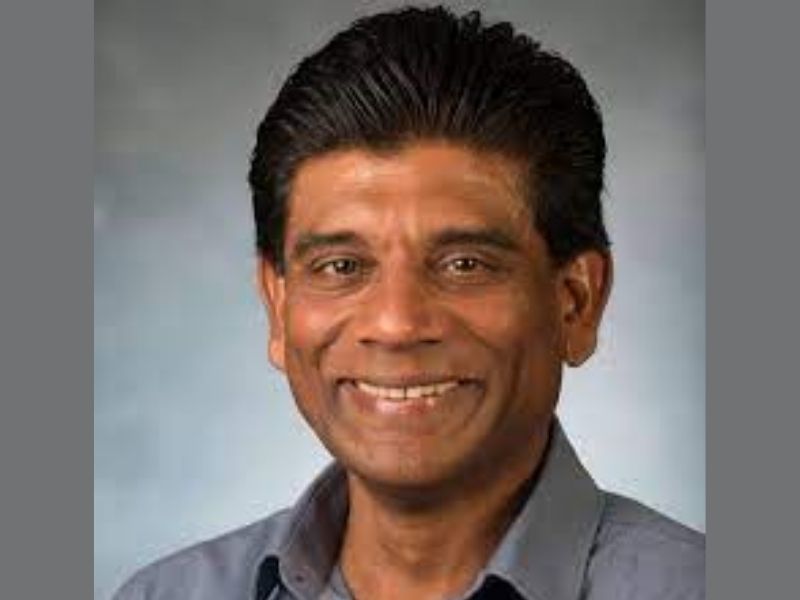 California-based Dr. Mariappan Jawaharlal is co-founder of STEM (Science, Technology, Engineering and Math) Center India (estb. 2012). A start-up headquartered in Chennai, it offers primary-secondary students experiential hands-on and minds-on robotics programmes designed to make learning enjoyable while simultaneously developing their creativity, critical thinking and problem solving skills.
California-based Dr. Mariappan Jawaharlal is co-founder of STEM (Science, Technology, Engineering and Math) Center India (estb. 2012). A start-up headquartered in Chennai, it offers primary-secondary students experiential hands-on and minds-on robotics programmes designed to make learning enjoyable while simultaneously developing their creativity, critical thinking and problem solving skills.
Newspeg. Dr. Jawaharlal was recently in Bangalore to launch STEM Center’s second creativity lab in the city, and fifth countrywide. Bangalore’s first lab was inaugurated last October. STEM’s other labs are sited in Chennai, Madurai and Ahmedabad.
Thus far, 25 schools and 1,200 children across India have signed up for the center’s three-month robotics programmes, designed for children in the 5-16 age group and offered after school hours for two hours weekly with students given the option to use STEM creativity labs. The STEM robotics curriculum includes controlling a robot through pre-programmed commands and gradually learning to construct robots and program them independently.
Under Dr. Jawaharlal’s mentorship, STEM Center’s co-founders ” daughters Melissa, an alumna of Edinburgh, and Southern California universities, and Lavanya, a mechanical engineering student of the University of California, Berkeley ” have developed an efficient and low-cost ‘Pi-Bot’ robotics kit used widely in STEM curriculums.
Fees. Rs.6,000-7,000 (quarterly)
Direct talk. Our robotics curriculum enables students to apply theoretical learning as teaching-learning in India tends to focus on theory rather than application. In our programs, we present students with real world problems which cannot be solved through ‘step-wise’ theoretical processes. People don’t learn by listening and reading as much as they do by doing, says Dr. Jawaharlal, an alumnus of Peoples Friendship University of Russia and University of Massachussets, Amherst, and currently professor of mechanical engineering at California State University, who devotes his spare time to developing STEM Center India. œThrough our programmes we want to bridge the huge gap that exists between theory and application, he adds.
Future plans. Dr. Jawaharlal believes Indian students are brilliant at retaining theory but lack the opportunity to practice application in the real world. By 2020 STEM India plans to launch 100 creativity labs countrywide and introduce its programmes in rural India, he says, enthusing about the journey ahead.
Prayank (Bangalore)


























